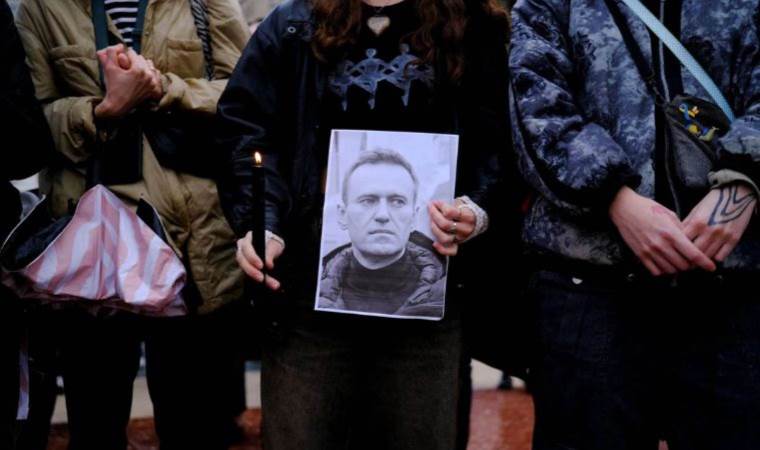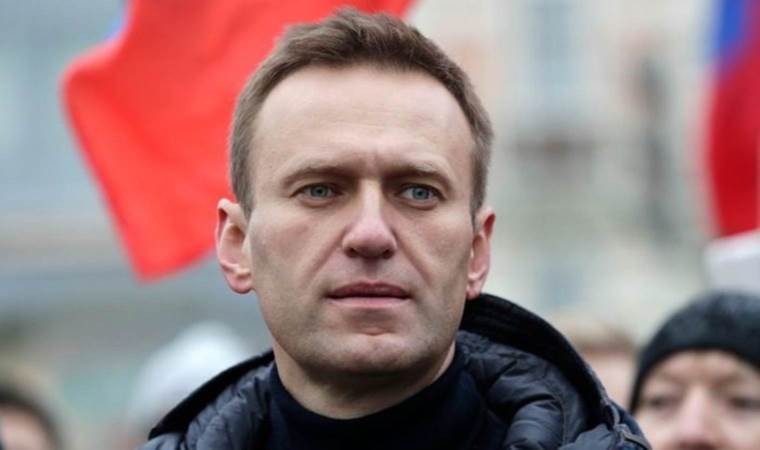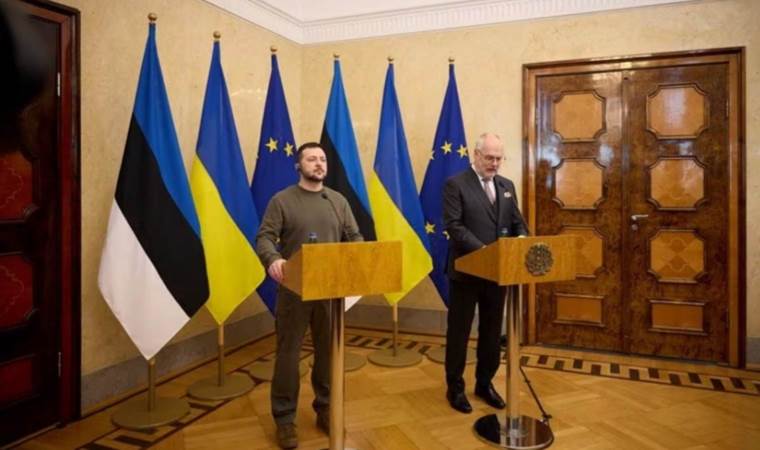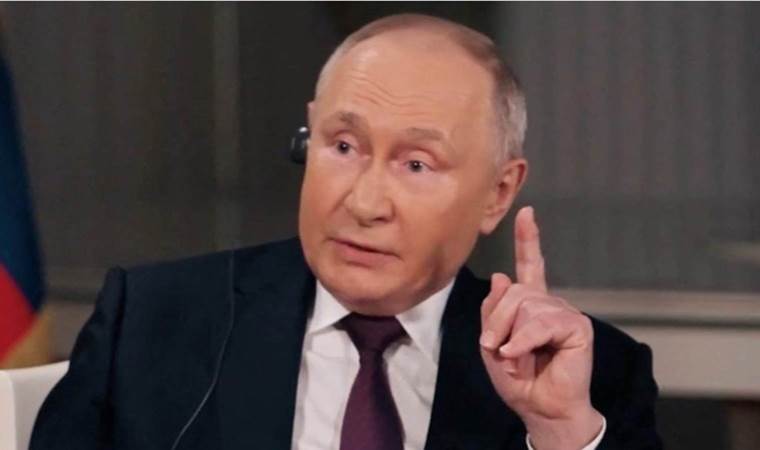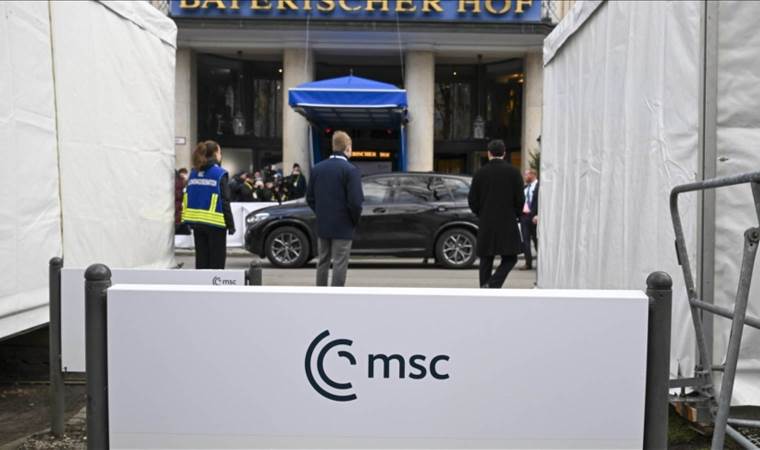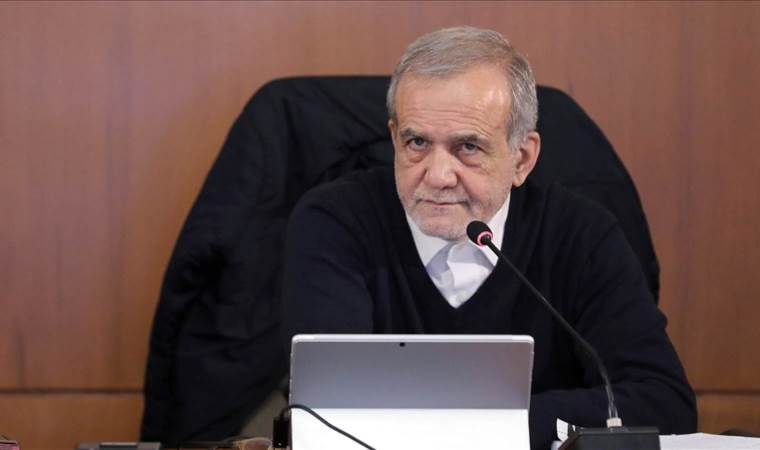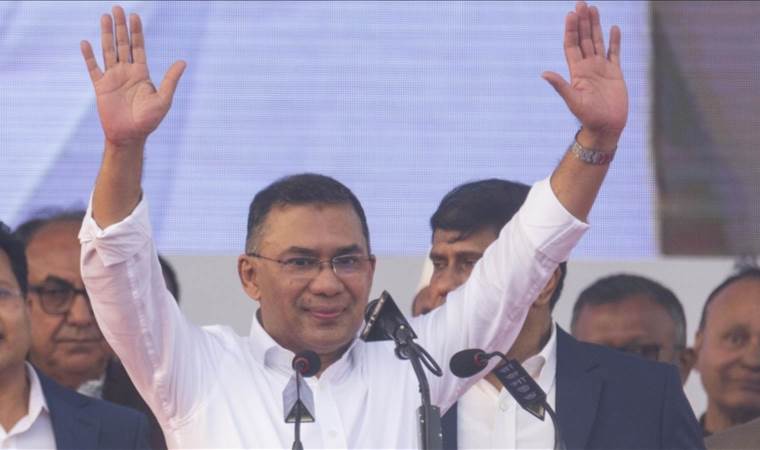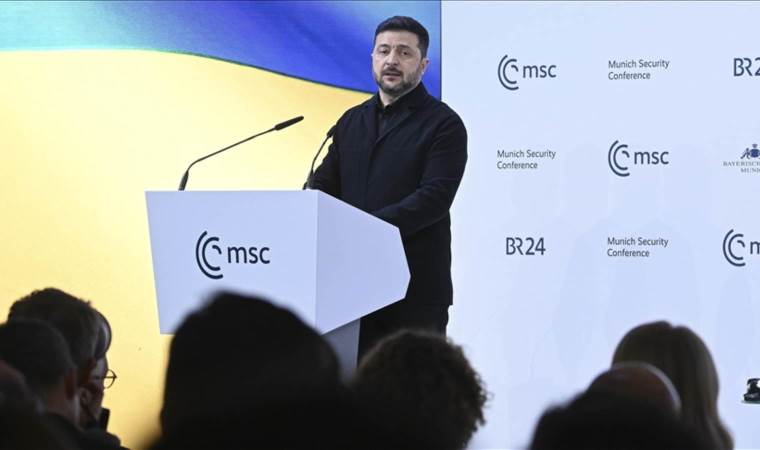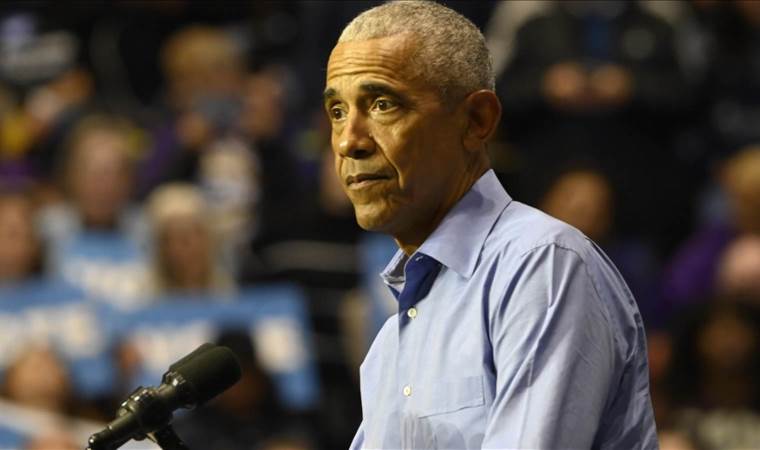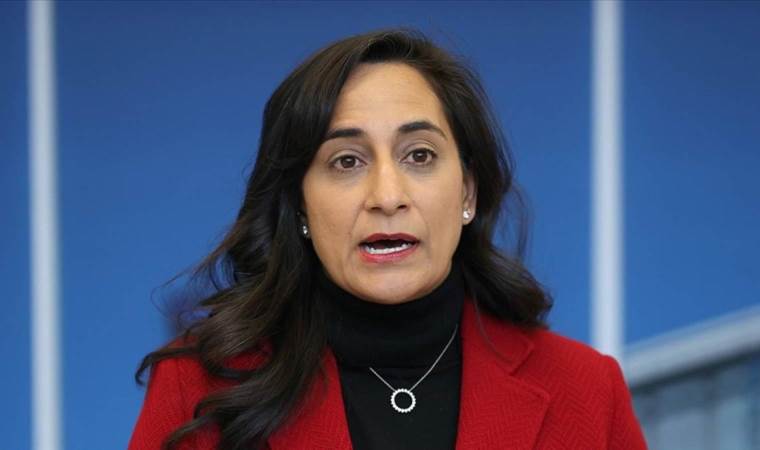U.S. tightens grip: New sanctions target Russia
The United States will impose sanctions on more than 500 entities this Friday, marking the second anniversary of Russia's invasion of Ukraine, Deputy U.S. Treasury Secretary Wally Adeyemo announced in a Thursday interview with Reuters.
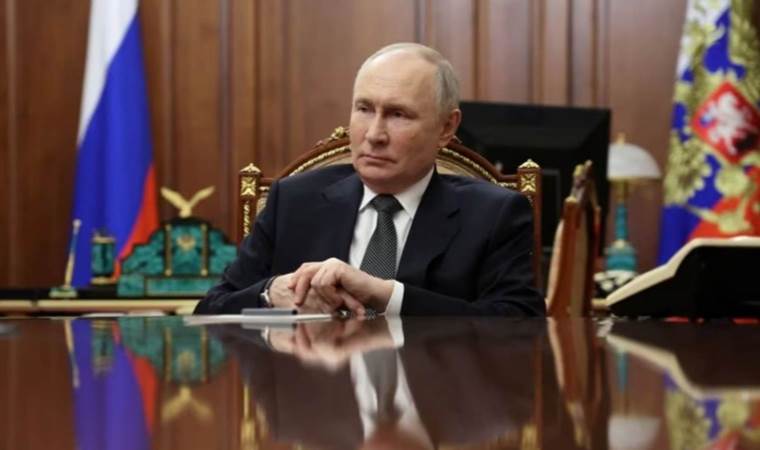
This move, coordinated with international allies, aims to disrupt Russia's military-industrial base and third-country companies that support Russia's procurement efforts, reflecting Washington's commitment to holding Russia accountable for its ongoing war and the death of opposition leader Alexei Navalny.
Adeyemo emphasized the breadth of the sanctions: "Tomorrow, we're not just unveiling hundreds of sanctions here in the U.S.; it's critical to recognize this as a global effort." This latest round of sanctions joins the extensive measures the U.S. and its allies have implemented against Moscow since its 2022 invasion of Ukraine, a conflict that has resulted in tens of thousands of deaths and widespread urban destruction.
Amid concerns about the U.S. Congress's willingness to approve further security aid for Kyiv, these sanctions aim to sustain pressure on Russia. The Biden administration has depleted previously sanctioned funds for Ukraine, and requests for additional support are stalled in the Republican-led House of Representatives. Adeyemo highlighted the strategy behind the sanctions and export controls: "They're designed to impede Russia's military capabilities in Ukraine. Yet, for Ukraine to effectively defend itself, Congress must allocate the necessary resources and weaponry."
Experts, however, have expressed skepticism about the sanctions' ability to halt Moscow's aggression. "The pivotal factor will be Congress's decision on additional military aid for Ukraine, which holds significantly more weight than any sanctions measures," noted Peter Harrell, a former National Security Council official.
In December, the Treasury Department reported that the sanctions had contracted Russia's economy by 2.1% in 2022. Rachel Lyngaas, Chief Sanctions Economist, noted on the Treasury's website that Russia's economic performance had surpassed expectations, with the International Monetary Fund (IMF) projecting a 2.6% GDP growth for 2024, an adjustment upward by 1.5 percentage points from October's forecast, following a robust 3.0% growth in 2023. However, IMF spokesperson Julie Kozack clarified on Thursday, "Russia is undoubtedly operating within a war economy," with military spending spurring weapons production, government social transfers supporting consumer spending, and rising inflation, despite declines in other areas.
Most Read News
-
 Final day of Munich Security Conference begins with talk
Final day of Munich Security Conference begins with talk
-
 Iranian president says regional countries can resolve is
Iranian president says regional countries can resolve is
-
 Bangladesh election winner Tarique Rahman calls for ‘uni
Bangladesh election winner Tarique Rahman calls for ‘uni
-
 Zelenskyy anticipates ‘productive’ Geneva talks after me
Zelenskyy anticipates ‘productive’ Geneva talks after me
-
 Obama calls Trump-shared racist video ‘deeply troubling,
Obama calls Trump-shared racist video ‘deeply troubling,
-
 Canada says it will not restore diplomatic ties with Ira
Canada says it will not restore diplomatic ties with Ira
-
 US military used Anthropic’s AI model in operation to ca
US military used Anthropic’s AI model in operation to ca
